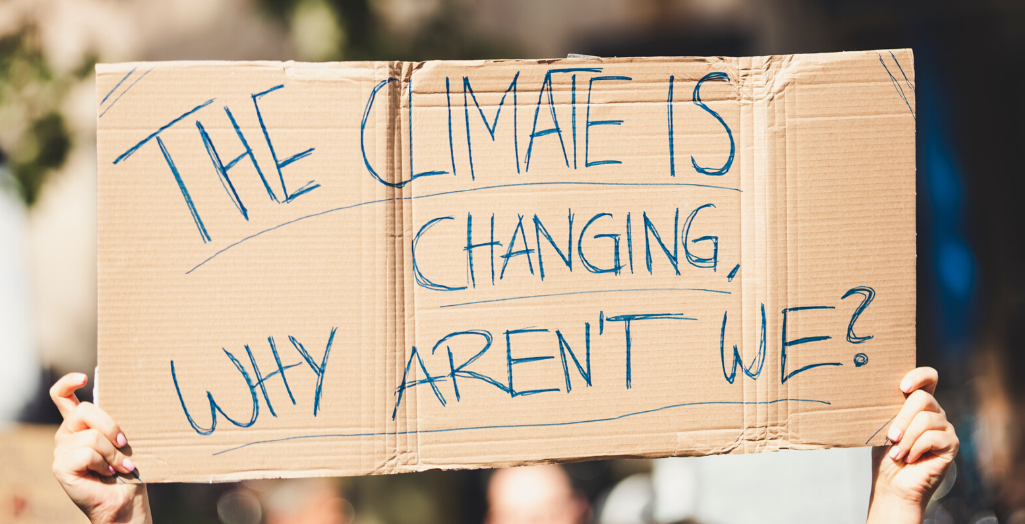The pressure for brands to take a stance
Learn more about how consumers are calling for brands to take a stance, use their influence to affect change, and to create communities that matter.

Doug Stephens makes an insightful argument in a recent BOF article—one that is difficult to stop thinking about if you’re in the business of commerce.
Stephens highlights the magnificence of Moscow’s Red Square. He asserts that the buildings surrounding
the square—Saint Basil’s Cathedral, the Kremlin, and Gum, the luxury shopping
center, symbolically represent the three key pillars of society.
What are those three pillars? Government, religion, and commerce.
In the article, Stephens says people are turning more and more to the third pillar, commerce, for guidance. STEVE, CEO
What especially rings true is that consumers expect more from brands than ever before when it comes
to adopting values and leading causes for communities. Let’s take a closer look at what consumers expect of brands today.
Consumers expect brands to get involved in social issues
A majority (two-thirds) of consumers report that they want brands to take a stand on political and social issues, according to a new study by Sprout Social.
Several brands have taken the lead on standing behind causes they believe in and experienced positive results. For example, Patagonia launched its "The President Stole Your Land” campaign last year that was received well. As part of the campaign, the outdoor sports clothing retailer changed its website to reflect its stance on national monument rollbacks, offered educational resources, and suggestions to donate.
Walmart has made major moves in engaging in social discourse by responding to an increase in gun violence, by exiting the handgun market, They refuse to sell certain ammunition, and no longer allows open carry in stores.
Airbnb’s #WeAccept campaign took a strong stance with their campaign that came in response to President Trump’s travel ban. The campaign declared, “we believe no matter who you are, where you’re from, who you love or who you worship, we all belong. The world is more beautiful the more you accept.” Airbnb also put its money where its mouth is by airing a commercial that explained its plan to provide short-term housing for over 100K people in need.
Consumers want brands that support the earth and ethical manufacturing
In addition to taking a stance on social issues, consumers favor brands that go green and get ethical. In fact, an online survey of nearly 30,000 people by Accenture Strategy, had 60% of respondents saying they prefer businesses committed to reducing plastics and improving the environment.
Another study found that environmental, economic, and social issues were important, and consumers around the world want greater transparency and more sustainable options from brands.
These two studies don’t stand alone, and an abundance of fashion retailers are committed to more than just making comfortable, stylish clothing. Now, it’s not uncommon for top fashion brands to also support sustainability, green causes, ethical clothing making, and saving the earth’s natural resources.
Wrap Up
Patagonia’s stance on national monuments, Walmart’s attention to decreasing gun sales, and the extra
effort from fashion brands to become more sustainable are more than a marketing ploy. These social strides are a reflection of what consumers value most politically, socially, and environmentally.
Now, more than ever, consumers are calling for brands to take a stance, use their influence to
affect change, and to create communities that matter.
Related articles
Get on the list
Wholesale tips and industry news you can’t miss, delivered weekly
